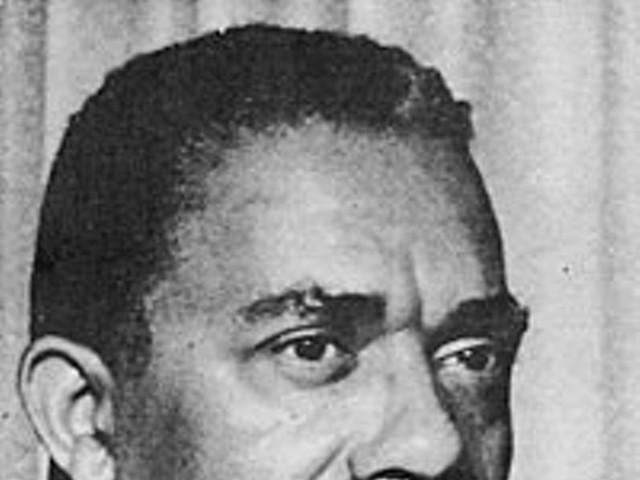In describing a moment in his latest release, Hollow Man, Verhoeven makes a simple statement which sums up his philosophy: “I went further because I normally go anyhow further.”
Perhaps what’s most surprising about Verhoeven, whose American films (RoboCop, Total Recall, Basic Instinct, Showgirls, Starship Troopers) have defined mainstream shock cinema, is how much thought he gives to what seems like throwaway entertainment.
“(Hollow Man is) about a man who, when he becomes invisible,” Verhoeven explains, “feels so much power that he thinks that he can get away with everything and starts to behave in an evil way. It was based on Plato, who wrote in The Republic, a man like that would behave like a God among men. Basically that’s the idea of the movie, the philosophical underpinning I felt was there.”
In Hollywood, Verhoeven explains, he’s been pigeonholed as the director of big-budget special-effects films. His own attempts at a departure from them — the scandalous Basic Instinct and Showgirls — scraped more than a few nerves raw in their portraits of very sexual women who view exploitation as a form of power. Returning to the science fiction genre, he found new ways to express his ideas. Hollow Man represents the opportunity to explore the moral ramifications of invisibility, and create a new visual language to dissect the complex workings of the human body.
“It’s challenging to work in areas that have not been explored yet,” he says, “to base your work on what has already been developed by other directors, but then push it a step further. But every (special-effects) movie takes two years while a normal movie takes one year, so you can only do half the amount of movies. There are disadvantages, too, and it’s goddamn difficult — the post-production process is as heavy as the shooting, so you never finish until the very last (possible) moment.
“All the movies I’m preparing now — you never know what will get made — all of them are without special effects,” he continues. In addition to a story set in Berlin at the start of the Cold War, there’s an adaptation of a novel by Guy de Maupassant and, Verhoeven’s favorite, the story of “a very outrageous woman,” early American suffragette, Victoria Woodhull. But his career has been marked by so many unexpected turns that he’s never sure what the future will bring.
Take RoboCop (1987), for instance, the film which marked a sea change in his career and life. Prior to that, he had built a very successful career in Holland, but after the explicit Spetters (1980), Verhoeven began having trouble with the Dutch government, which provided half the funding for films made there.
“The government committee,” he explains, “was starting to more and more decline anything I asked them for. When I would submit a script, they wouldn’t like it, and said it was amoral or didn’t represent the society in a nice way or was perverted or decadent. Ultimately I spent more time in getting money for my movies than making them.”
In the meantime, he received a script for a film set in a futuristic Detroit. He didn’t initially see its merits, but his wife, Martine, saw the potential for a sociopolitical commentary and encouraged him to take the plunge and move their family to America.
“It’s Detroit and it’s not Detroit,” he says of RoboCop (shot primarily in Dallas), describing the film as “an analysis combined with criticism of corporate structure. It also gave me all the possibilities to be satirical and look at American life in a different way than Americans probably look at it. I had a hard time seeing that in the script, which was written at that time in a very modern idiom, a modern way of looking at things.”
He now has another interesting connection to Detroit. The Troy-based Anchor Bay Entertainment will release the Paul Verhoeven DVD collection next March, which includes most of his Dutch films: Business is Business, Turkish Delight, Soldier of Orange, A Girl Called Katy Tipple and The Fourth Man. He is working with Anchor Bay to choose the best prints available and this autumn he’ll record audio commentaries for each film.
In the meantime, Verhoeven realizes that his movies take on a life of their own, which is often very different from what he expected. As someone who grew up in a Nazi-occupied country, he was particularly riled when Starship Troopers was labeled as pro-fascist propaganda.
“It, of course, was not me expressing admiration for Nazi Germany,” he says in his typically emphatic manner. “It was more saying, these people are caught in a society where fascism is the norm and how do you behave? The general says, ‘Not insects but mankind should rule in the universe,’ which is a metaphor for any imperialist country that wants to rule the world.
“But,” Paul Verhoeven says resolutely, “very few saw that.”
Serena Donadoni writes about film and visual culture for Metro Times. E-mail [email protected]




